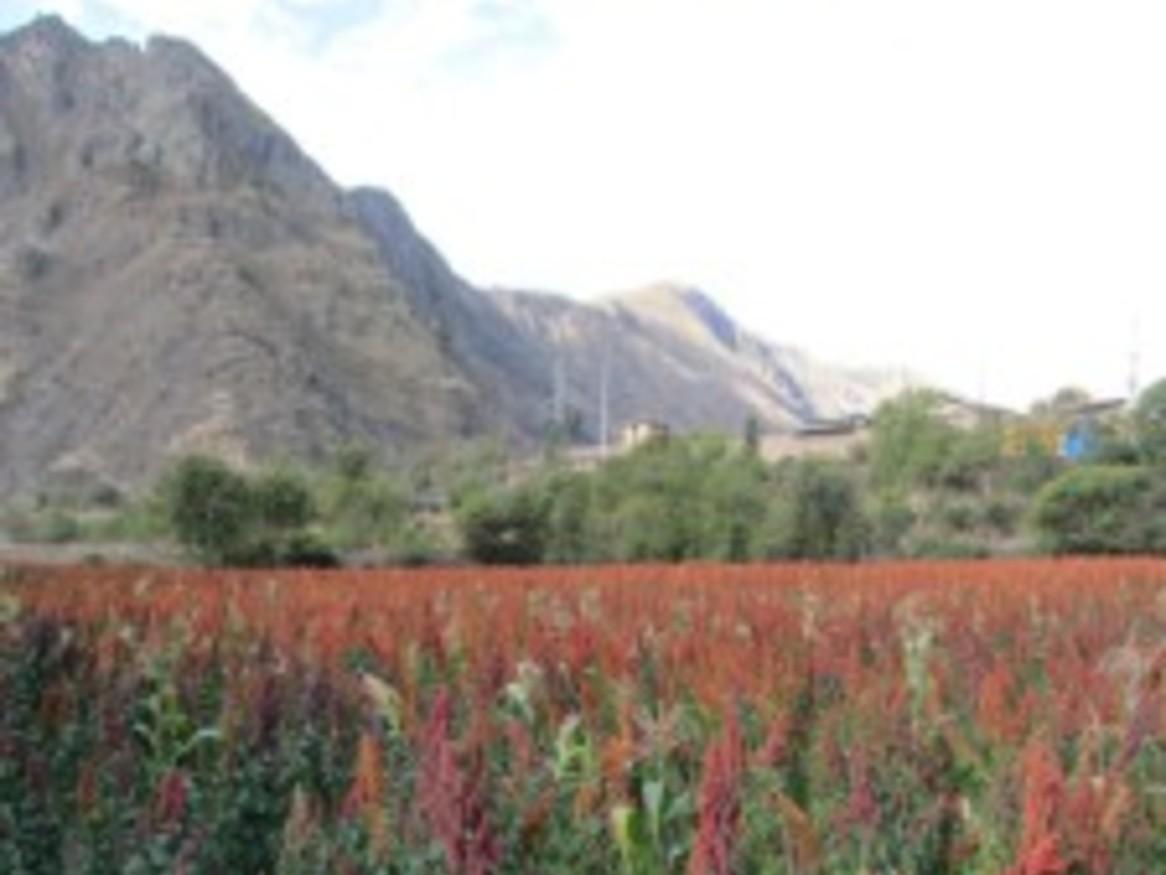Article by Jessica Loyer

Superfoods in the News
By Jessica Loyer
Many Australian consumers think about superfoods as a group of healthy food products with characteristics of both foods and medicines. But as these distinctive foods gain increasing popularity worldwide, the fact that superfoods are also agricultural products embedded in global production and consumption networks becomes more and more significant. In a recent interview with ninemsn.com, Food Studies PhD candidate Jessica Loyer shares some reflections on the environmental ethics of eating globally-sourced superfoods.
The article pays particular attention to the environmental impacts of increased demand for and production of kale, soybeans, asparagus, and almond milk. It is refreshing to see media accounts of superfoods that take into account ethical aspects of our consumption habits. But it is also important to remember that the four products profiled here are just examples that illustrate some of the consequences of our appetite for global superfoods. Rather than leading to boycotts of kale or almond milk, these examples should serve a starting point for deeper conversations about the consequences of everyday food choices.
Jessica will be sharing more from her work on superfoods in the coming months.
Quinoa field in Peru (photo by Jessica Loyer). As quinoa's popularity has boomed worldwide, people are beginning to pay attention to the environmental costs of increased production.
